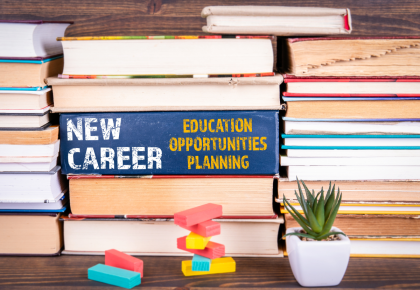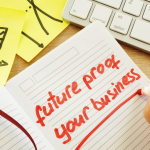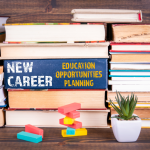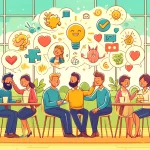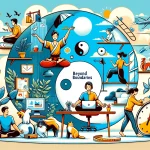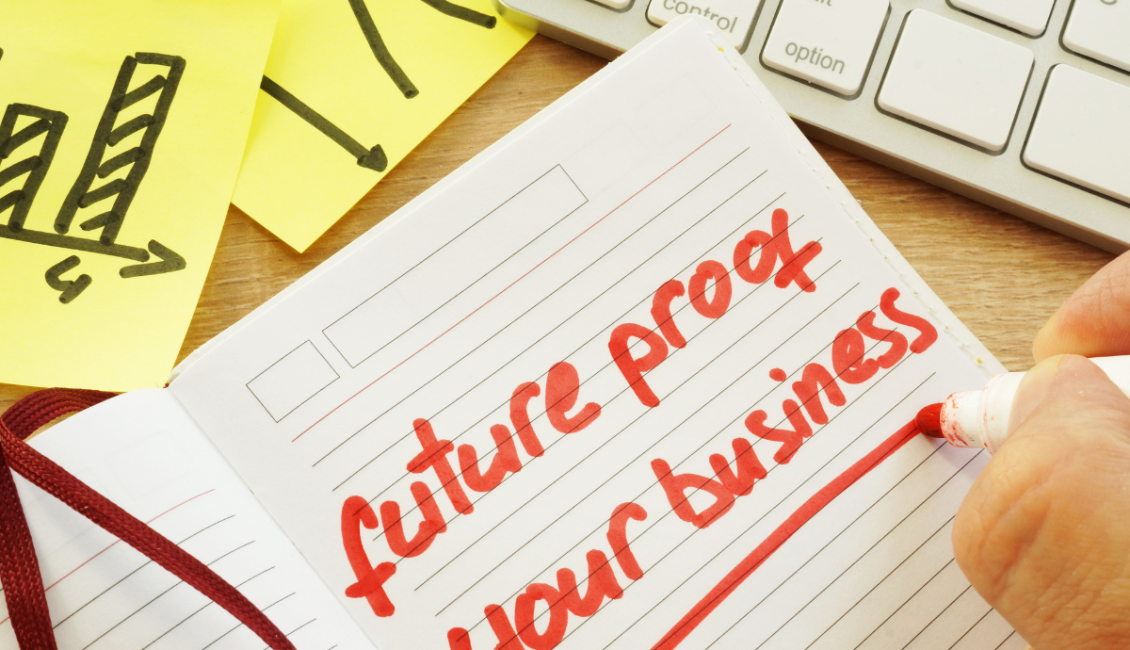
The Workforce Revolution: Adapting to AI and Automation
The rapid evolution of artificial intelligence (AI) and automation is redefining industries, reshaping job roles, and forcing businesses to rethink talent strategies. By 2025, AI-powered decision-making and intelligent automation will be deeply embedded in business operations, requiring organizations to invest in workforce development, leadership transformation, and digital upskilling.
The challenge is no longer about whether AI will impact the workforce—it already has. The real question is: How can businesses and HR leaders future-proof their talent to stay competitive?
The AI Disruption: A Wake-Up Call for HR Leaders
AI is not just automating repetitive tasks—it’s augmenting human capabilities. Businesses that fail to adapt risk falling behind. Consider these insights:
- By 2025, AI will contribute $15.7 trillion to the global economy (PwC Report).
- Automation could replace up to 25% of jobs, while simultaneously creating new roles requiring advanced skills (McKinsey & Co.).
- 70% of HR leaders cite workforce transformation as their top priority for the next five years (Deloitte).
These trends highlight a pressing need: HR leaders must drive a proactive strategy that balances AI integration with human talent development.
Upskilling & Reskilling: The Cornerstone of Workforce 2025
Investing in continuous learning is the most effective way to keep employees relevant in the AI-driven workplace. Here’s how HR leaders can implement impactful upskilling and reskilling initiatives:
1. Identify Emerging Skills Gaps
Organizations must evaluate their current workforce competencies and map them against future needs. AI and automation demand skills like:
- Data literacy & AI comprehension
- Critical thinking & problem-solving
- Cybersecurity & digital ethics
- Advanced communication & collaboration in remote/hybrid work environments
2. Implement AI-Powered Learning Platforms
Traditional corporate training is outdated. AI-driven learning management systems (LMS) can personalize training paths, ensuring employees receive the right content at the right time. Companies like Coursera, LinkedIn Learning, and Udacity are already partnering with enterprises to make AI-driven upskilling scalable and effective.
3. Foster a Culture of Continuous Learning
HR leaders should shift workplace culture to make learning a core part of employees’ daily routines. Encouraging micro-learning, peer mentoring, and “learning by doing” methodologies can significantly boost skill retention and application.
4. Leverage External Upskilling Partnerships
Collaboration with universities, tech institutions, and corporate training providers can fast-track workforce transformation. Companies like IBM, Microsoft, and Google already offer free AI training programs that businesses can leverage.
HR Leadership Trends for Workforce 2025
1. AI-Powered HR: Transforming Talent Management
AI is revolutionizing HR functions, from recruitment to employee engagement. In 2025, we’ll see:
- AI-driven talent acquisition: Automated screening, skill-based hiring, and AI-led interviews.
- Predictive workforce analytics: Using data insights to anticipate employee needs, skill gaps, and turnover risks.
- AI-powered performance management: Personalized employee development plans based on real-time feedback and analytics.
2. The Hybrid Work Model Is Here to Stay
Hybrid work is no longer a pandemic-induced experiment—it’s the future. HR leaders must focus on:
- Redesigning workplaces for digital collaboration.
- Implementing smart HR tech to manage remote teams efficiently.
- Maintaining workforce engagement through digital employee experience (DEX) platforms.
3. Inclusive & Agile Leadership
Tomorrow’s leaders need to be more adaptable, empathetic, and tech-savvy. HR professionals should focus on:
- Training executives on AI-augmented decision-making.
- Encouraging diversity, equity, and inclusion (DEI) strategies in leadership development.
- Cultivating agility in crisis management and digital transformation.
How Businesses Can Adapt to Digital Transformation
To thrive in the AI-driven workplace, companies must align technology investments with talent development strategies.
1. Embrace Human-AI Collaboration
Rather than fearing AI job replacement, organizations should reframe it as an opportunity to enhance human-AI collaboration. AI should take over repetitive tasks, allowing employees to focus on high-value, strategic work.
2. Reimagine Job Roles & Career Paths
With AI automating low-level tasks, businesses need to redesign job roles to emphasize creativity, complex decision-making, and emotional intelligence. Upskilled employees must see clear career progression to stay motivated.
3. Invest in Smart HR Technology
Adopting AI-driven HR software can streamline workforce management. Solutions like SAP SuccessFactors, Workday, and Oracle Cloud HCM are already transforming talent acquisition, retention, and employee engagement.
Workforce 2025: Are You Ready?
The future of work isn’t coming—it’s here. Organizations that prioritize upskilling, workforce innovation, and AI-powered decision-making will lead the next decade. HR leaders, executives, and talent specialists must embrace these changes now to stay ahead.
Want to learn how top organizations are preparing for Workforce 2025?
Join us at WorkCongress 2025, where global industry leaders, AI experts, and HR innovators will share actionable insights on building the workforce of the future.
Register Now and future-proof your organization! Join as a Speaker


